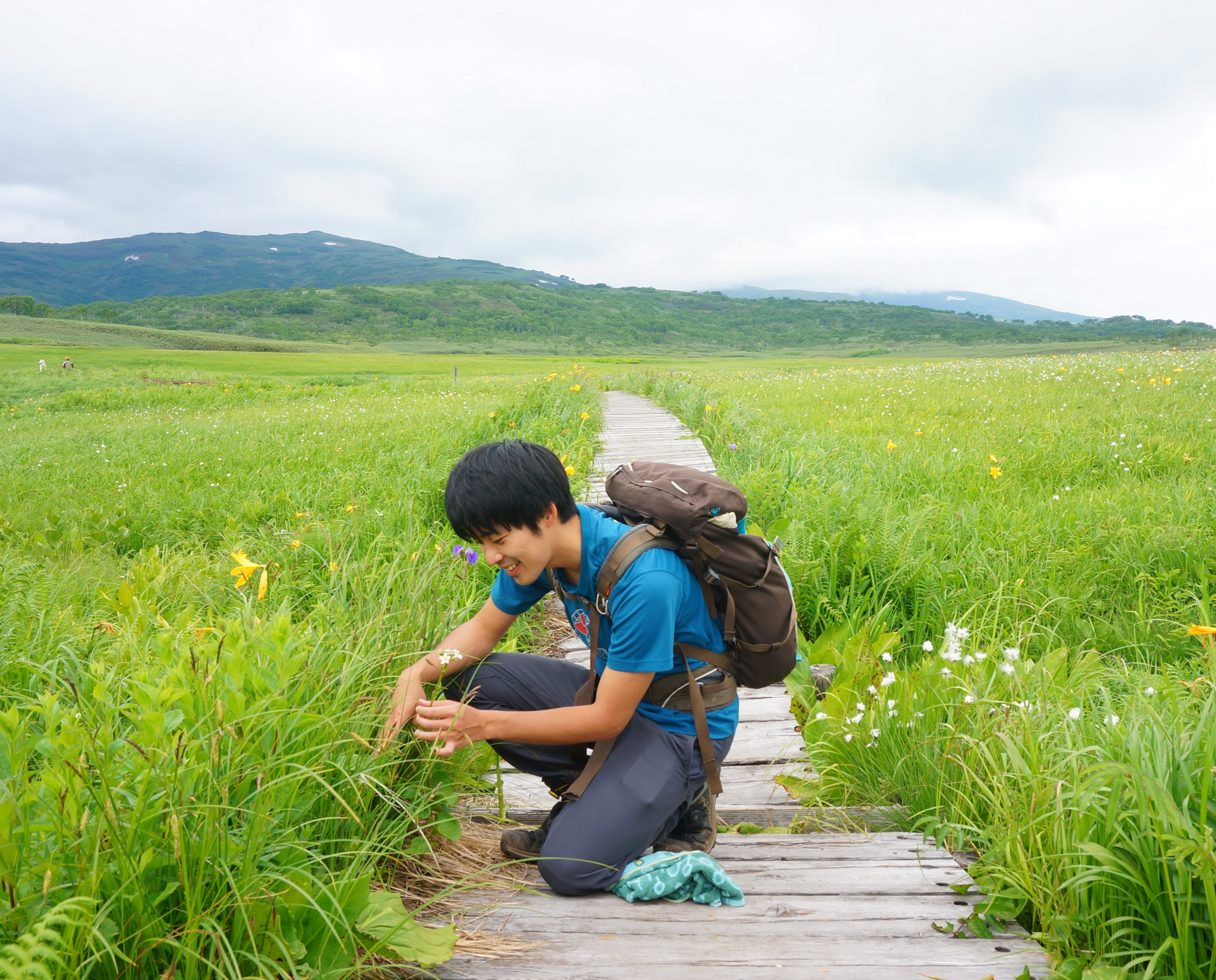Curriculum Vitae
Keisuke Atsumi
Ph.D. environmental science
22/04/24
Data scientist at Biome Inc., Kyoto, Japan
Email: k.atsumi115_at_gmail.com
Introduction

In my childhood I wanted to be a shark taxonomist that would allow me to see various kinds of fishes and roam across the world. Yet, in doing undergraduate study I faced lot of difficulty to do so and I became more interested in evolutionary biology.
In the PhD course at Hokkaido University, Japan, I decided to work on freshwater fish to investigate how female ornamentation works and why interspecific mating happens. While I did behavioral experiment/field survey/citizen science for the fish, I also conducted meta-analysis to uncover general pattens of F1 hybrids’ phenotypic distribution.
In the late years of my PhD I became interested in ecology as well. To understand how the strength of predator-prey interaction between larvae of salamander and frog are determined, I did lots of experiments (sadly they are not published yet).
On 2021, thanks to JSPS, I got a chance to be a postdoc at the United States/Italy. However, due to covid-19 pandemic, I could not move to US and start the planned study. During the desperate period, I became interested in connecting evolutionary biology/ecology to society/economy because I watched NIKKEI TV everyday.
Now I came back to Japan and became a data scientist at a startup company Biome Inc.. While I keep my interest in evolutionary biology/ecology, I set connecting biology with society through citizen science as one of my career goals.
Here I note that contents of this website does not relate with any organizations I am involved.
Experience
Education
| 2016 - 2020 | Ph.D. | Grad. Environmental Earth Science, Hokkaido Univ., Japan Supervisor, Dr. Itsuro Koizumi |
| 2014 - 2016 | M.Sc. | Grad. Agricultural and Life Sciences, Univ. Tokyo, Japan |
| 2010 - 2014 | B.Sc. | Fac. Fisheries Science, Hokkaido Univ., Japan |
Work experience
| 2022.4- | Data scientist at Biome Inc. |
| 2021.7-2022.3 | Postdoctoral fellow at University of Padova - Gil Rosenthal lab, supported by JSPS |
| 2021.3-7 | Postdoctoral fellow at Texas A&M University - Gil Rosenthal lab, supported by JSPS |
| 2021.5-6 | Centro de Investigaciones Científicas de las Huastecas “Aguazarca”, Mexico |
| 2017.10-122019.10-12 | Visiting scholar at University of New South Wales - Shinichi Nakagawa lab, Sydney, to conduct meta-analysis of phenotypic distribution of F1 hybrids |
| 2018.4 - 2020.3 | JSPS research fellow at Hokkaido University (DC2, doctoral students) |
| 2016.5 - 2017.2 | Research assistant for the experiment investigating trigger of ocean-migration of masu trout, Hokkaido University |
| 2016.5 - 2017.2 | Teaching assistant, Hokkaido University |
| 2015 - 2016 | Research assistant at National Museum of Nature and Science, Tsukuba (maintain fish specimens) |
| 2013 - 2014 | Volunteer as a curator of Hokkaido University Museum, Hakodate (make, maintain and exhibit fish specimens) |
Research funding
| 2020.4 - 2022.3 | JSPS Overseas Research Fellow (JSPS) |
| 2018.4 - 2020.3 | Grant in Aid for JSPS Research Fellow (JSPS) |
| 2017.4 - 2018.3 | Grant for Zoological Research (Fujiwara Natural History Foundation) |
| 2017.4 - 2018.3 | Sasakawa Scientific Research Grant (The Japan Science Society) |
Awards
| 2018.3 | Best paper award of Ecological research |
| 2017.3 | Best Research Award, Poster Presentation Session, Grad. Environmental Science, Hokkaido Univ. |
| 2016 | JASSO Repayment Exemption for Students with Particularly Outstanding Results (half exemption) |
| 2011 | Nitobe Award for outstanding freshman, Hokkaido University |
Skills
Computer (Software)
Statistical analyses (e.g. phylogenetic meta analysis and Bayesian models) using R
Systematic review using Rayyan
Semi-automated biodiversity monitoring using computer vision and deep learning
Genome analysis using plink
Image processing using inkscape, gimp and sai
CUI operation on Linux
Field survey
Collected fishes using an electric shocker and cast net for behavioral experiments
Collected amphibians using large traps
Tracked migration of fish by using bio logging techniques
Experiments
Behavioral experiments: measuring personalities and mate preferences in fish
Field/laboratory experiments for predator-prey interaction in amphibians
DNA experiments: designing primer; microsatellite analysis; RFLP analysis; sanger sequencing
Specimen dissection: musculoskeletal structure; gut parasite infection status
Organize meetings
| 2016-2020 | EZO zemi - Cross-disciplinary seminar series for ecologists/evolutionary biologists at Hokkaido Univ |
| 2018.3 | Organized symposium For interpretation of animal personality and its implications for ecology at Annual Meetings of the Ecological Society of Japan. This symposium was compiled as the special feature of Japanese journal of ecology |